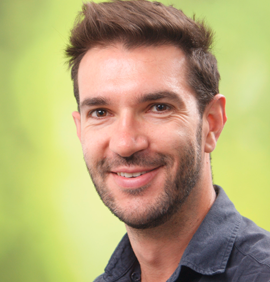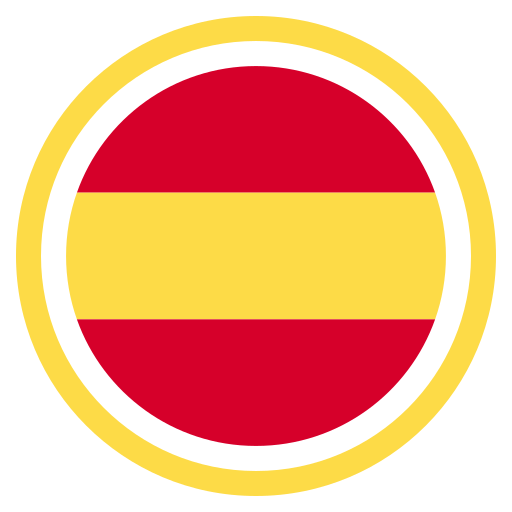 Palestra: The Catalyst "Genes" Identified by Artificial Intelligence
Palestra: The Catalyst "Genes" Identified by Artificial Intelligence
Resumo da Palestra: Heterogeneous catalysis is governed by an intricate interplay of multiple underlying processes such as the surface chemical reactions, the dynamic restructuring of the material under reaction conditions, and the transport of reactants and products. Such complexity challenges the modelling of catalysis and the design of improved materials. In this talk, an artificial-intelligence approach is presented to model catalysis and determine the key physicochemical descriptive parameters (“catalyst genes”) correlated with the underlying processes that trigger, facilitate, or hinder the materials' performance.[1] This data-centric approach is based on consistent experimental and theoretical data characterizing the catalyst materials as well as their performance and it can be applied even to the small number of materials that are accessible by experiment, as illustrated for the case of selective oxidation reactions.[1,2,3]
Referências:
[1] L. Foppa, L. M. Ghiringhelli, F. Girgsdies, M. Hashagen, P. Kube, M. Hävecker, S. Carey, A. Tarasov, P. Kraus, F. Rosowski, R. Schlögl, A. Trunschke, and M. Scheffler, MRS Bull. 46, 1 (2021).
[2] L. Foppa, F. Rüther, M. Geske, G. Koch, F. Girgsdies, P. Kube, S. Carey, M. Hävecker, O. Timpe, A. Tarasov, M. Scheffler, F. Rosowski, R. Schlögl, and A. Trunschke, J. Am. Chem. Soc. 145, 3427 (2023).
[3] L. Foppa, C. Sutton, L. M. Ghiringhelli, S. De, P. Löser, S.A. Schunk, A. Schäfer, and M. Scheffler, ACS Catal. 12, 2223 (2022).
Data:
Horário:





